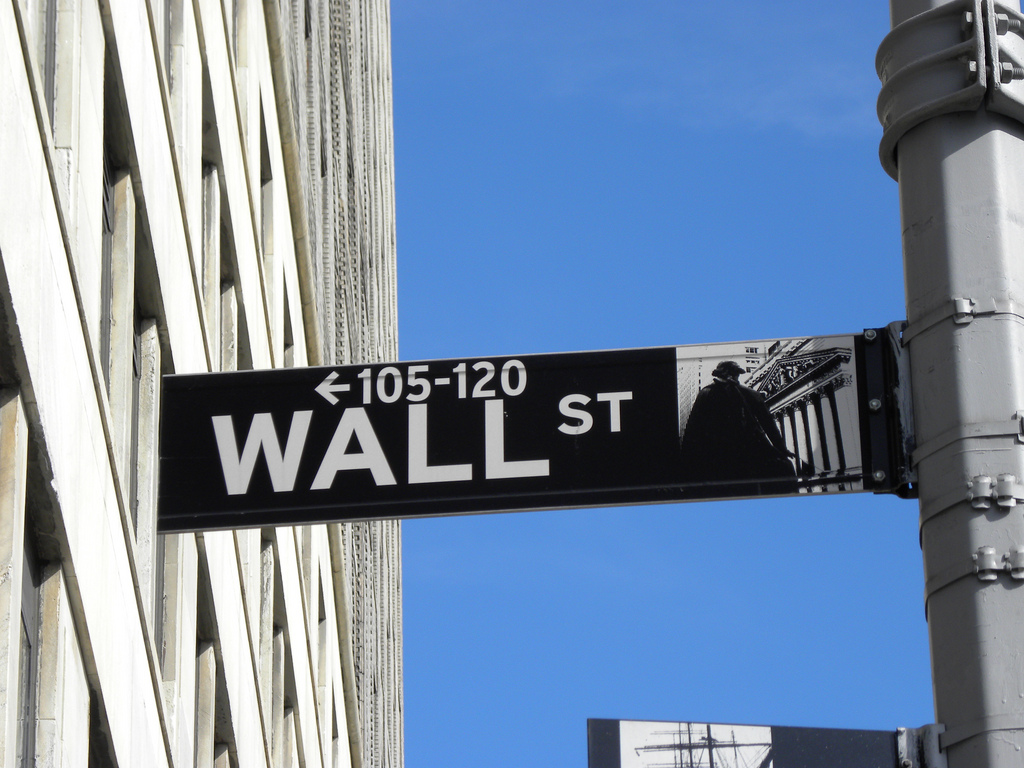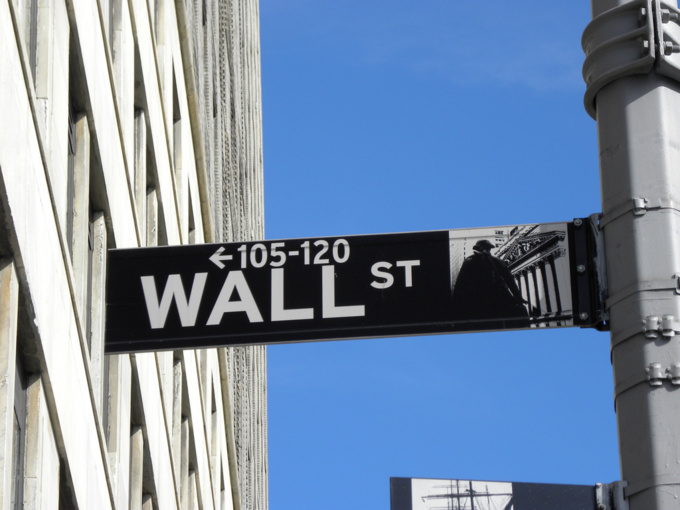The rating, compiled by research firm Coalition, takes into account income from various activities. Once again, the leader is JPMorgan, despite a decline in revenue in the first half by 5.3% compared to $ 12.5 billion from the same period last year. Goldman Sachs and Citigroup shared second place in the ranking for the first half 2016. Bank of America Merrill Lynch occupied the fourth place. Morgan Stanley has improved its position, taking fifth place in the ranking. US banks have taken the top five lines in the list for the first time since 2011, when Coalition began to compile this ranking. This shows a significant development of investment banking in the US after the financial crisis.
Deutsche Bank’s fall on the sixth line of the rating was not unexpected. Deutsche Bank has traditionally been among the top three investment banks in the world. In the past year, however, CEO John Cryan started restructuring, and the bank’s position has significantly deteriorated.
Coalition’s data shows that Deutsche Bank significantly worsened positions in trading fixed income instruments, currencies and commodities. According to these indicators, the bank last year ranked in the top three, but dropped to sixth place in the first half of 2016. In addition, Deutsche Bank lost its positions in the equity markets.
Deutsche commented: "Coalition’s results reflect strategic decisions we have taken to optimize our products, geographic presence and customer base … These decisions have affected revenues in the first half, but they will make the bank more efficient and profitable. We remain the leading non-US investment bank in the world, and one of the two largest players in the EMEA (Europe, Middle East and Africa)".
In addition to restructuring, the bank is currently struggling with other challenges. Last week, the US Justice Department suggested that Deutsche Bank has to pay $ 14 billion for settlement of allegations of irregularities in the securities trading, which led to the financial crisis of 2008. This statement knocked the bank's shares down more than 7% in just a few hours.
Another major European investment bank, Credit Suisse, having a significant restructuring, also worsened results of the first half of the year. The bank plunged from seventh to eighth place, swapping places with Barclays. Ninth place was shared by UBS and HSBC.
The European banking sector is not inspiring optimism now. Citibank analysts believe it is against market trends to buy shares of European banks now. It is reported by Reuters.
Banks in Economic and Monetary Union of Europe are showing the worst results among 285 sectors that Citi monitors worldwide. This trend has been preserved for the past 10 years. At the same time, analysts expect that quality of assets and profits on European banks’ shares will improve in the next year.
Thus, Citi declined to recommend to buy European banks’ shares. According to Citi, banks still face problems of low inflation and low interest rates. Expected profit thus remains under pressure.
"History suggests to buy, but our position is not to overestimate the sector", - the analysts say.
Banks around the world have not yet recovered from the 2008 crisis. Citi says that emerging markets are the only region in the world where bank stocks are trading above their book value.
According to Thomson Reuters’ data, index of the largest banks in Europe Stoxx 600 Banks PR for the year decreased by 22.6%. Currently, shares of banks, included in the index, are traded at 0.7 of its book value. At this time, Japanese banks are traded at 0.5 of their value, which is the lowest rate in the world.
source: reuters.com, ft.com
Deutsche Bank’s fall on the sixth line of the rating was not unexpected. Deutsche Bank has traditionally been among the top three investment banks in the world. In the past year, however, CEO John Cryan started restructuring, and the bank’s position has significantly deteriorated.
Coalition’s data shows that Deutsche Bank significantly worsened positions in trading fixed income instruments, currencies and commodities. According to these indicators, the bank last year ranked in the top three, but dropped to sixth place in the first half of 2016. In addition, Deutsche Bank lost its positions in the equity markets.
Deutsche commented: "Coalition’s results reflect strategic decisions we have taken to optimize our products, geographic presence and customer base … These decisions have affected revenues in the first half, but they will make the bank more efficient and profitable. We remain the leading non-US investment bank in the world, and one of the two largest players in the EMEA (Europe, Middle East and Africa)".
In addition to restructuring, the bank is currently struggling with other challenges. Last week, the US Justice Department suggested that Deutsche Bank has to pay $ 14 billion for settlement of allegations of irregularities in the securities trading, which led to the financial crisis of 2008. This statement knocked the bank's shares down more than 7% in just a few hours.
Another major European investment bank, Credit Suisse, having a significant restructuring, also worsened results of the first half of the year. The bank plunged from seventh to eighth place, swapping places with Barclays. Ninth place was shared by UBS and HSBC.
The European banking sector is not inspiring optimism now. Citibank analysts believe it is against market trends to buy shares of European banks now. It is reported by Reuters.
Banks in Economic and Monetary Union of Europe are showing the worst results among 285 sectors that Citi monitors worldwide. This trend has been preserved for the past 10 years. At the same time, analysts expect that quality of assets and profits on European banks’ shares will improve in the next year.
Thus, Citi declined to recommend to buy European banks’ shares. According to Citi, banks still face problems of low inflation and low interest rates. Expected profit thus remains under pressure.
"History suggests to buy, but our position is not to overestimate the sector", - the analysts say.
Banks around the world have not yet recovered from the 2008 crisis. Citi says that emerging markets are the only region in the world where bank stocks are trading above their book value.
According to Thomson Reuters’ data, index of the largest banks in Europe Stoxx 600 Banks PR for the year decreased by 22.6%. Currently, shares of banks, included in the index, are traded at 0.7 of its book value. At this time, Japanese banks are traded at 0.5 of their value, which is the lowest rate in the world.
source: reuters.com, ft.com



















